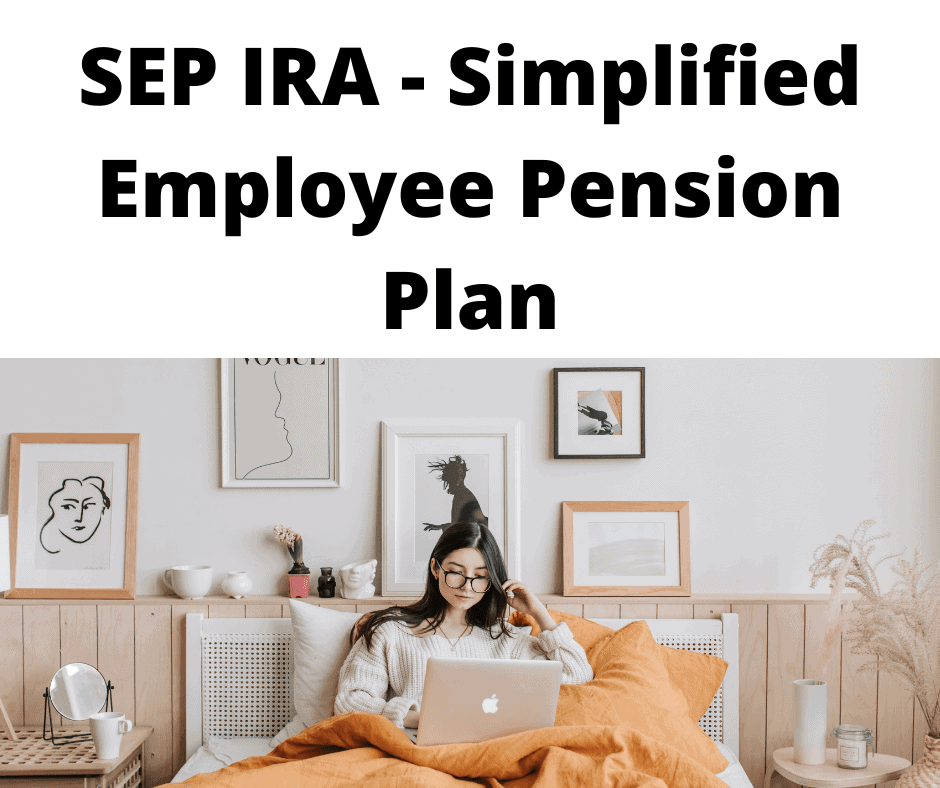Last Updated on January 23, 2024 by Gavi

Rules for sep ira (Simplified Employee Pension Plan)
A SEP IRA is an employer-sponsored retirement plan that allows small business owners and self-employed individuals to save for retirement.
Under a SEP IRA employers can contribute up to 25% of an employee’s salary (up to a maximum of $56,000 for 2019) and employees can make salary deferrals of up to $19,000 (or $25,000 if they’re 50 or older). The rules governing SEP IRAs are fairly simple: Employers must make contributions for all eligible employees and employees are not allowed to make salary deferrals.
A SEP IRA is a retirement savings plan that allows small business owners and self-employed individuals to make contributions on behalf of themselves and their employees. The rules for SEP IRAs are fairly flexible but there are still some guidelines that need to be followed in order for the account to remain valid.
First and foremost the business owner must be willing to contribute an equal percentage of salary for all eligible employees. This includes employees who are over the age of 21 have worked for the company for at least three years and have earned at least $600 in the previous year.
The second rule is that the contribution limit for a SEP IRA is much higher than that of a traditional IRA. For 2020 the contribution limit is $57,000 or 25% of an employee’s salary (whichever is less). This high contribution limit makes SEP IRAs an attractive option for small business owners who want to set aside a large
A SEP IRA is an employer-sponsored retirement account that offers tax-deferred growth and employer contributions. The rules for SEP IRAs are fairly simple and straightforward making them a popular choice for small business owners and self-employed individuals.
The first rule to know is that only employers can contribute to a SEP IRA. This means that if you’re self-employed you can’t make contributions to your own SEP IRA. However, you can deduct your contributions from your taxes.
The second rule is that the contribution limit for SEP IRAs is much higher than for other types of retirement accounts. For 2019 the contribution limit is $56,000 per year. This amount can be divided between employees but the total contribution cannot exceed this limit.
The third rule is that employer contributions must be made in proportion to employee salary levels.
The SEP IRA is a great retirement savings option for small business owners and the self-employed. But there are some rules you need to know about before you can start contributing.
First, you need to have a business with at least one other employee who is not a relative. This means that if you’re a sole proprietor you’re not eligible to open a SEP IRA.
Second, the contribution limit for a SEP IRA is much higher than for other types of IRAs. For 2019 the contribution limit is $56,000 or 25% of your eligible compensation whichever is less.
And finally, you need to be aware of the deadlines for making contributions. Contributions must be made by the due date of your tax return (including extensions) for that year. So if you want to make a 2019 contribution you’ll need to do so by April 15, 2020.
A SEP IRA provides employees with a great retirement savings plan that lets them invest in their future tax-free. Investing for retirement doesn’t have to be complicated. A SEP IRA does all the hard work for you, so there’s no need to think about taxes when contributing or withdrawing funds from your account.
Take control of your retirement with a SEP IRA. Investing for the future just got easier. A SEP IRA gives you the flexibility to manage your investments and keep more money working for you over time. SEP IRA – Simplified Employee Pension Plan. Start saving for retirement today.
Start saving today with SEP IRA. If you’re self-employed, start a SEP IRA plan to take advantage of tax deductions and keep more money in your pocket.
Recommend reading: